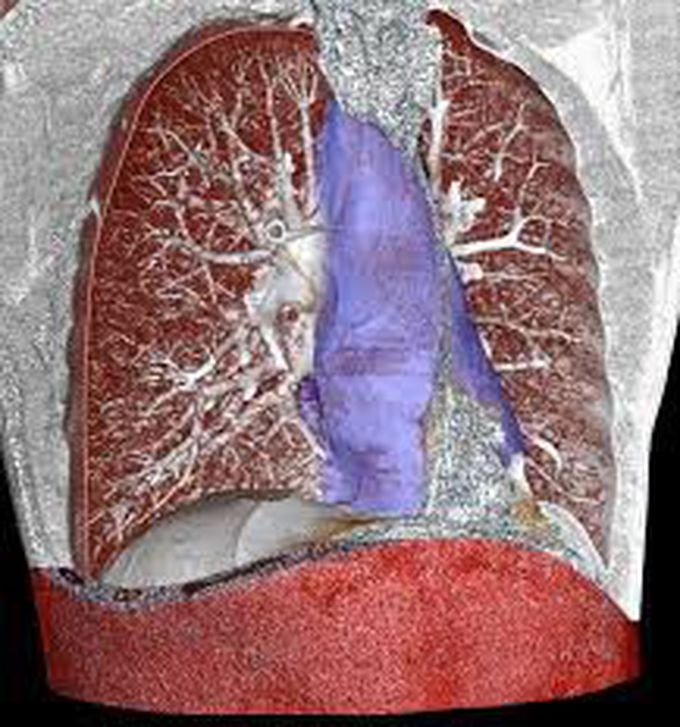


Causes of mediastinitis
Acute mediastinitis happens when the tissues inside your chest suddenly become infected. Causes of infection include: Complications from a median sternotomy. The bacterium Staphylococcus aureus causes most of these post-surgery infections. Tissues in your chest or surgical wound can become infected during the surgery or soon afterward. Esophageal perforation. This is a tear in your esophagus, which can happen for a variety of reasons. These include complications from endoscopic procedures and forceful vomiting (Boerhaave syndrome). Infection that spreads from your head or neck. Healthcare providers call this diagnosis “descending necrotizing mediastinitis.” It means infection that began above your chest has spread down into your chest and damaged the tissues there. Infections in your mouth (such as an abscessed tooth) and your throat can cause this to happen. Chronic mediastinitis also happens due to infection. But in this case, your tissues develop inflammation more slowly (rather than immediately after exposure to a bacterium). Causes of chronic mediastinitis include: Fungal infection (most common). Tuberculosis. Radiation therapy. Silicosis. Sarcoidosis. Sometimes, chronic mediastinitis is idiopathic, meaning there’s no identifiable cause. The most common cause of chronic mediastinitis is infection due to the fungus Histoplasma capsulatum. In the U.S., this fungus is native to the Ohio River valley and Mississippi River valley. Globally, it’s found in parts of Africa, Asia, Australia, Central America and South America. The fungus lives in soil and is harmless unless it becomes airborne and you inhale it. Exposure doesn’t necessarily make you sick. In fact, most people exposed to this fungus don’t get sick at all or have a minor infection with no symptoms. But there’s a small chance your immune system will overreact to the fungus sometime after exposure (often many years later). This can lead to inflammation of the tissues in your mediastinum and potential complications.

